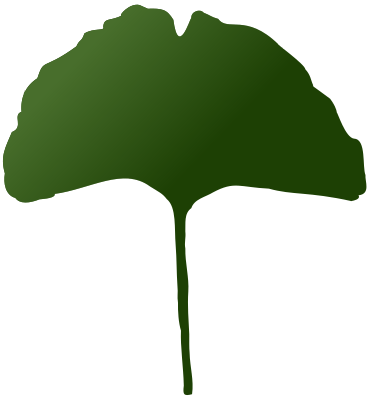

There, I learned some things!
Le sigh


There, I learned some things!
Le sigh


I’m with that the question of scale is very, very important. [edit: LOL, forgot I’d already mentioned it!] Graeber & Wengrow (Dawn of Everything) pulled together a bunch of research on there being plenty of past, larger societies which did not yield self-/other-destructive habits. But we certainly have a lot to learn about living together, especially in the large groups/networks/etc. we now have. Participedia is a good source for things in that direction. Mini-publics, citizen assemblies, sortition, a variety of good facilitation methods, online tools such as Pol.is, are all ideas/areas that explore how to do better at this. Healthy Democracy is one of the larger organizations working on related stuff in the USA, a smaller one I’m involved with is https://www.co-intelligence.institute/
Their Wise Democracy deck: https://www.wd-pl.com/
Deck about group patterns: https://groupworksdeck.org/


Suzuki is a leading climate activist, worth learning more about. https://davidsuzuki.org/story/pipeline-blockade-is-a-sign-of-deeper-troubles/


Ding ding ding! Yeah, I was inspired to ask by this tweet: https://x.com/krishnanrohit/status/1940596143932768717


any large group we make is deadly
This is basically our challenge, finding ways to organize large numbers of ourselves in ways that are far less exploitative of other humans, and other life, than the systems we have going now. Graeber & Wengrow’s The Dawn of Everything suggests it’s not quite as hopeless as many believe.


Yup. And it’s not just white people! In a very international course I took with Bija Vidyapeeth about 20 years ago, at least one of the non-white participants shared the view that any human engagement with the rest of the natural world was going to be a negative. I knew less then, but did recall and share about research in the Amazon which documented an increase in local biodiversity where humans were, over ecologically similar areas which were left alone.
The elites of many countries have absorbed the same Western-dominated views that those of us living in the West are bombarded with.


A little confused by this, but maybe it was intended to respond to one of the comments?


Haha yeah in no way was I trying to say that, “humans are being good caretakers of the planet” because as an overall statement that would obviously be false. However, it is true that there are countless examples, even today, of people being good caretakers of specific ecosystems, or of social/political systems which can impact some ecosystems.
videos or documentaries…about specific conservation efforts that focus on the actual project and what it accomplishs
Yeah, that kind of stuff. Any you’d recommend?
The Nazis called it amtsspracht. (trigger warning, racial epithets) https://www.listeningway.com/marshall-yes-interview.html
Kleya can help you find the right frequency.


Looking forward to more open source ecology news!


You can skip it. Also, there’s reader mode.


Literally one R Senator said publicly that he wouldn’t vote for one of Trump’s worse appointees, and the pick was withdrawn.


And he’s in the news again lately, as it looks like Turkey may finally be ready to make a vaguely acceptable deal with Kurds in Turkey. https://www.kurdistan24.net/en/story/834470


Unsurprising, since CECOT isn’t like a concentration camp, it is a concentration camp.


Here are a couple of trackers for all these lawsuits:
https://www.justsecurity.org/107087/tracker-litigation-legal-challenges-trump-administration/
It’s not that I can’t find any, because I can. It’s that I was hoping to learn about more.
Thanks I am very, very familiar with our destruction of much of our ecosphere, even inching our mess towards the heliosphere! This post was seeking out additional inspiration/information.